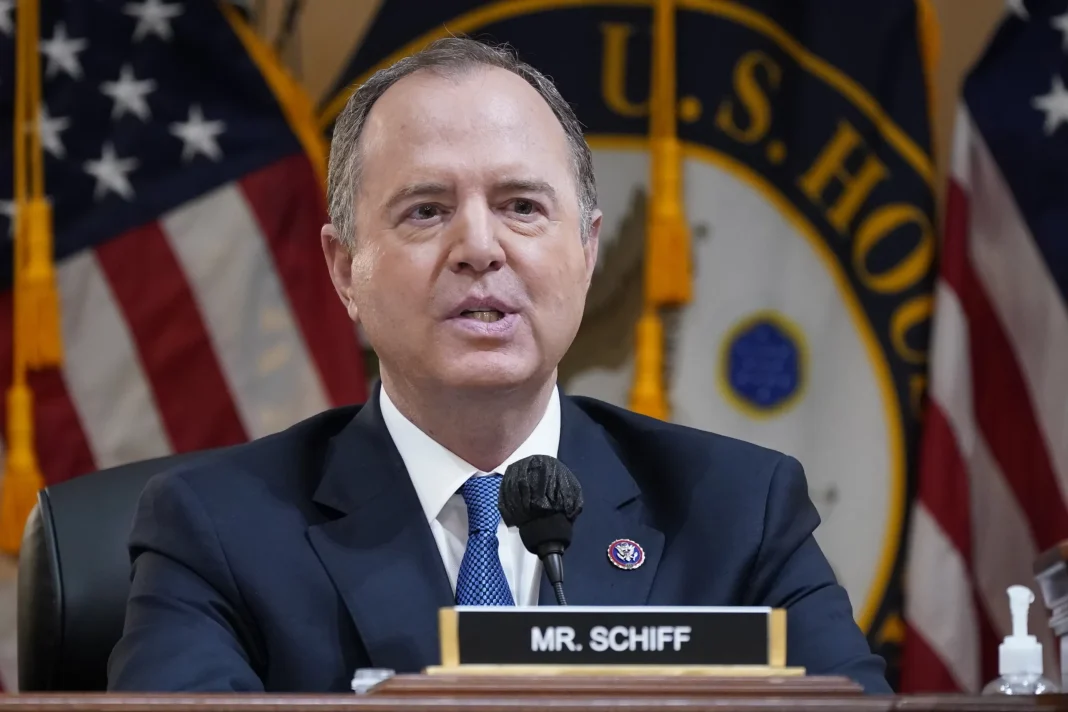Hezbollah’s Leadership in Limbo: Israel Blocks Search for Hashem Safieddine
In a dramatic turn of events, Hezbollah is facing a leadership crisis as the search for senior leader Hashem Safieddine is reportedly being obstructed by Israeli authorities. This revelation comes from Mahmoud Qmati, a political official within the group, who shared the news during an interview with Iraqi state television. The situation has intensified following an Israeli strike in Beirut last Friday, which is believed to have targeted Safieddine, leaving his fate uncertain and raising questions about the future of Hezbollah’s leadership.
So, what’s the scoop? Well, Hashem Safieddine, a prominent figure within Hezbollah and cousin to the late leader Hassan Nasrallah, was seen as the likely successor to Nasrallah after his passing. However, since the strike, reports indicate that Safieddine has been "unreachable," according to a Lebanese security source speaking to Reuters. This has left many wondering about his condition and the implications for Hezbollah’s hierarchy.
Qmati’s comments shed light on the challenges the group is facing. He emphasized that the process of selecting a new leader for Hezbollah is not something that can be rushed. “It will take some time,” he stated, hinting at the complexities involved in leadership transitions within the organization. This is particularly significant given the weight of Nasrallah’s legacy and the strategic decisions that lie ahead for Hezbollah.
For those unfamiliar with the dynamics at play, Hezbollah is a powerful political and military organization based in Lebanon, known for its resistance against Israel and its involvement in regional conflicts. The group has a significant following and plays a crucial role in Lebanese politics, making the leadership question not just an internal matter but one that has broader implications for the region.
As the situation unfolds, the uncertainty surrounding Safieddine’s status could lead to a power vacuum within Hezbollah, potentially altering the balance of power in Lebanon and the wider Middle East. The organization has faced various challenges in the past, but the loss of a key leader during such turbulent times could have lasting repercussions.
In summary, the search for Hashem Safieddine is not just about finding a missing leader; it’s about the future direction of Hezbollah and its role in an already volatile region. As we await further developments, one thing is clear: the stakes are high, and the world will be watching closely to see how this situation unfolds.



